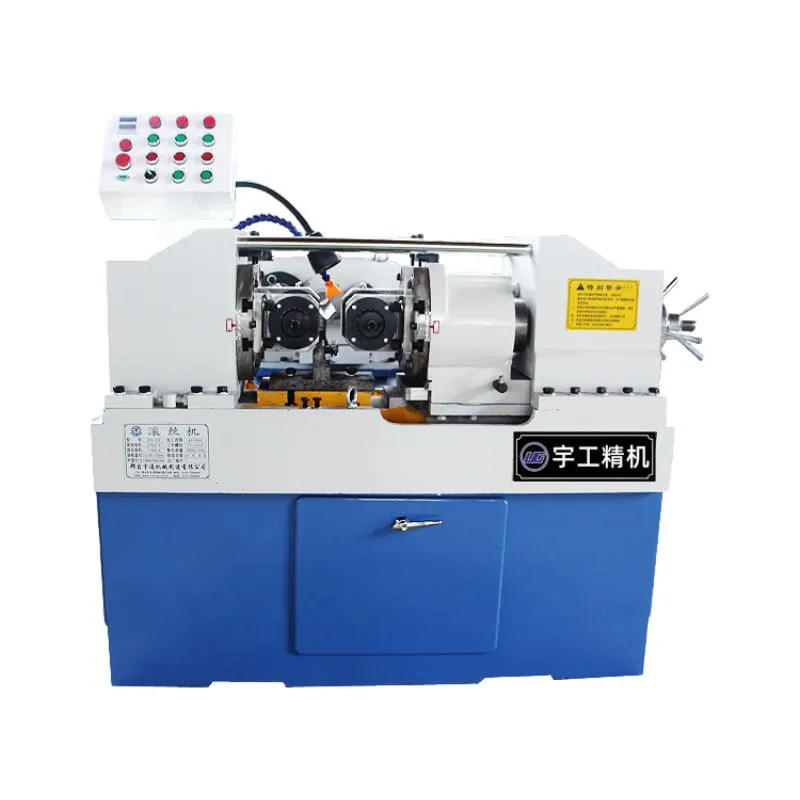
-
 Afrikaans
Afrikaans -
 Albanian
Albanian -
 Amharic
Amharic -
 Arabic
Arabic -
 Armenian
Armenian -
 Azerbaijani
Azerbaijani -
 Basque
Basque -
 Belarusian
Belarusian -
 Bengali
Bengali -
 Bosnian
Bosnian -
 Bulgarian
Bulgarian -
 Catalan
Catalan -
 Cebuano
Cebuano -
 Corsican
Corsican -
 Croatian
Croatian -
 Czech
Czech -
 Danish
Danish -
 Dutch
Dutch -
 English
English -
 Esperanto
Esperanto -
 Estonian
Estonian -
 Finnish
Finnish -
 French
French -
 Frisian
Frisian -
 Galician
Galician -
 Georgian
Georgian -
 German
German -
 Greek
Greek -
 Gujarati
Gujarati -
 Haitian Creole
Haitian Creole -
 hausa
hausa -
 hawaiian
hawaiian -
 Hebrew
Hebrew -
 Hindi
Hindi -
 Miao
Miao -
 Hungarian
Hungarian -
 Icelandic
Icelandic -
 igbo
igbo -
 Indonesian
Indonesian -
 irish
irish -
 Italian
Italian -
 Japanese
Japanese -
 Javanese
Javanese -
 Kannada
Kannada -
 kazakh
kazakh -
 Khmer
Khmer -
 Rwandese
Rwandese -
 Korean
Korean -
 Kurdish
Kurdish -
 Kyrgyz
Kyrgyz -
 Lao
Lao -
 Latin
Latin -
 Latvian
Latvian -
 Lithuanian
Lithuanian -
 Luxembourgish
Luxembourgish -
 Macedonian
Macedonian -
 Malgashi
Malgashi -
 Malay
Malay -
 Malayalam
Malayalam -
 Maltese
Maltese -
 Maori
Maori -
 Marathi
Marathi -
 Mongolian
Mongolian -
 Myanmar
Myanmar -
 Nepali
Nepali -
 Norwegian
Norwegian -
 Norwegian
Norwegian -
 Occitan
Occitan -
 Pashto
Pashto -
 Persian
Persian -
 Polish
Polish -
 Portuguese
Portuguese -
 Punjabi
Punjabi -
 Romanian
Romanian -
 Russian
Russian -
 Samoan
Samoan -
 Scottish Gaelic
Scottish Gaelic -
 Serbian
Serbian -
 Sesotho
Sesotho -
 Shona
Shona -
 Sindhi
Sindhi -
 Sinhala
Sinhala -
 Slovak
Slovak -
 Slovenian
Slovenian -
 Somali
Somali -
 Spanish
Spanish -
 Sundanese
Sundanese -
 Swahili
Swahili -
 Swedish
Swedish -
 Tagalog
Tagalog -
 Tajik
Tajik -
 Tamil
Tamil -
 Tatar
Tatar -
 Telugu
Telugu -
 Thai
Thai -
 Turkish
Turkish -
 Turkmen
Turkmen -
 Ukrainian
Ukrainian -
 Urdu
Urdu -
 Uighur
Uighur -
 Uzbek
Uzbek -
 Vietnamese
Vietnamese -
 Welsh
Welsh -
 Bantu
Bantu -
 Yiddish
Yiddish -
 Yoruba
Yoruba -
 Zulu
Zulu
Comprehensive Guide to CE Certified Thread Rolling Machines with Informative Video Demonstration
Understanding CE Certification for Thread Rolling Machines A Comprehensive Guide
In the world of manufacturing, quality and safety are paramount, especially when it comes to machinery used in the production process. One significant aspect that ensures these standards is the CE certification, particularly relevant for thread rolling machines. This article explores the importance of CE certification, the specifics of thread rolling machines, and why manufacturers should prioritize compliance.
What is CE Certification?
CE marking (Conformité Européenne) is a certification that indicates conformity with health, safety, and environmental protection standards for products sold within the European Economic Area (EEA). It serves as a guarantee that the equipment meets EU regulations, thus allowing free movement of products in the market. For machines like thread rolling machines, CE certification is crucial because it not only ensures compliance but also enhances marketability and consumer trust.
The Role of Thread Rolling Machines
Thread rolling machines are essential in the manufacturing sector, primarily used to produce threads on metal components. This process involves the cold-forming technique that creates precise and high-strength threads without removing material. Given their impact on producing critical components in industries such as automotive, aerospace, and construction, ensuring these machines are safe and reliable is vital.
Importance of CE Certification for Thread Rolling Machines
1. Safety Assurance CE certification verifies that thread rolling machines meet stringent safety requirements. This is particularly important as these machines operate at high speeds and involve heavy materials. CE certification helps prevent potential accidents, safeguarding the workforce and the surrounding environment.
2. Quality Control Manufacturers that obtain CE certification often engage in rigorous quality control processes. This results in higher quality products that perform better and last longer, reducing downtime and operational costs for users.
3. Market Access For manufacturers looking to enter the European market, CE certification is often a prerequisite. Products without CE marking cannot be sold in EEA countries. Therefore, obtaining this certification opens up significant market opportunities.
ce certification thread rolling machine video

4. Consumer Trust In an increasingly competitive market, having CE certification can enhance a manufacturer’s reputation. Customers are more likely to trust and purchase machines from companies that can demonstrate compliance with recognized standards.
The CE Certification Process for Thread Rolling Machines
Achieving CE certification for thread rolling machines involves several steps
1. Assessment of Directives Identify relevant EU directives applicable to the machine. Common directives for machinery include the Machinery Directive and the Low Voltage Directive.
2. Risk Assessment Conduct a thorough risk assessment to identify potential hazards associated with the machine’s operation.
3. Technical Documentation Prepare comprehensive technical documentation that demonstrates compliance with applicable standards. This includes design and engineering information, manufacturing processes, and test results.
4. Conformity Assessment Depending on the complexity of the machine, a conformity assessment may need to be carried out by a notified body. This process could involve testing and inspections.
5. Affixing CE Marking Once compliance is established, manufacturers can affix the CE marking to their machines, along with a declaration of conformity.
Conclusion
CE certification for thread rolling machines is more than just a legal requirement; it is an investment in safety, quality, and marketability. Manufacturers who prioritize this certification can enhance their product reliability, enter new markets, and build consumer trust. As the manufacturing landscape continues to evolve, ensuring compliance with CE standards will remain a foundational aspect of industrial success. For manufacturers, the path to CE certification may be demanding, but the benefits far outweigh the challenges, ensuring a sustainable future in a competitive global market.
